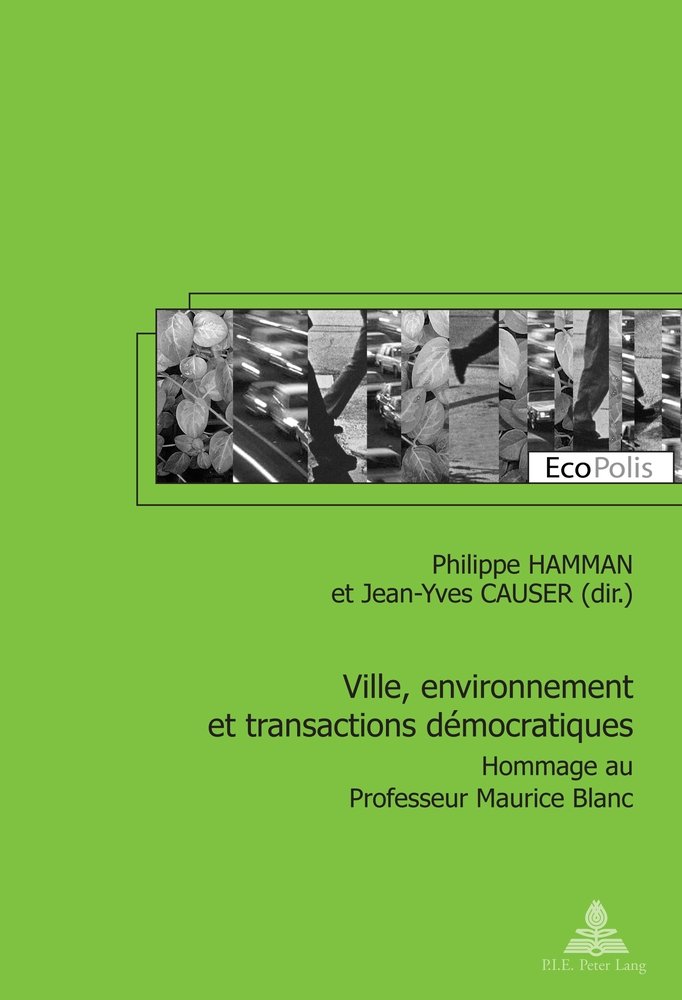Dans la vie quotidienne, de nombreuses activités nécessitent des échanges, des négociations ou des transactions. Parce que les sciences sociales négligeaient l'importance de ces actes courants, leur dimension conflictuelle était perçue comme irrationnelle, nuisible ou pathologique. Le concept de transaction sociale, au coeur de l'ouvrage, comble ce manque. Cet ouvrage rend hommage au sociologue de la transaction sociale, Maurice Blanc, ainsi qu'à ses prédécesseurs : Jean Remy et Liliane Voyé.
Ce volume analyse trois niveaux de concessions rCe volume analyse trois niveaux de concessions réciproques, ou de transactions. D'abord, celles entre individus et groupes sociaux qui cohabitent dans un même espace, avec leurs cultures et leurs modes de vie : agriculteurs et chasseurs, Roms et habitants de la banlieue, etc. Ces transactions permettent de sortir du conflit entre " bons " et " mauvais " voisins. Ensuite, les transactions entre gouvernants et gouvernés, quelquefois avec la médiation d'intervenants sociaux. Enfin, dans les coalitions au pouvoir, municipales ou associatives, les transactions qui débouchent sur des compromis pratiques, malgré les désaccords sur les valeurs. Sans transactions sociales, la démocratie et le développement durable restent des coquilles vides.
Chez le même éditeur, un autre volume se concentre sur les transactions dans les champs du travail et de la formation.



